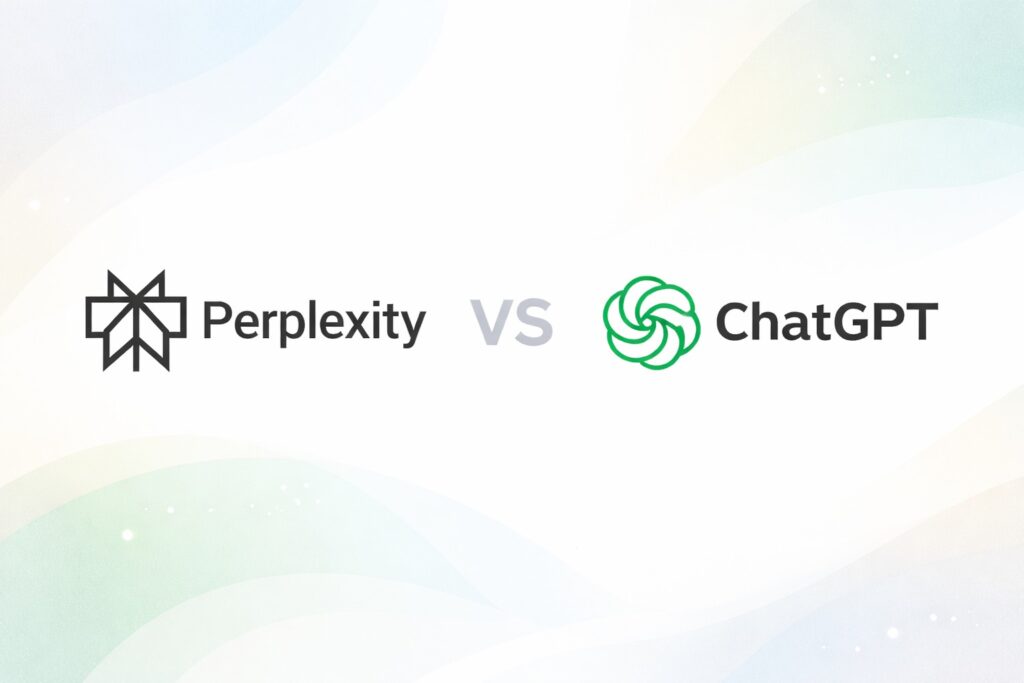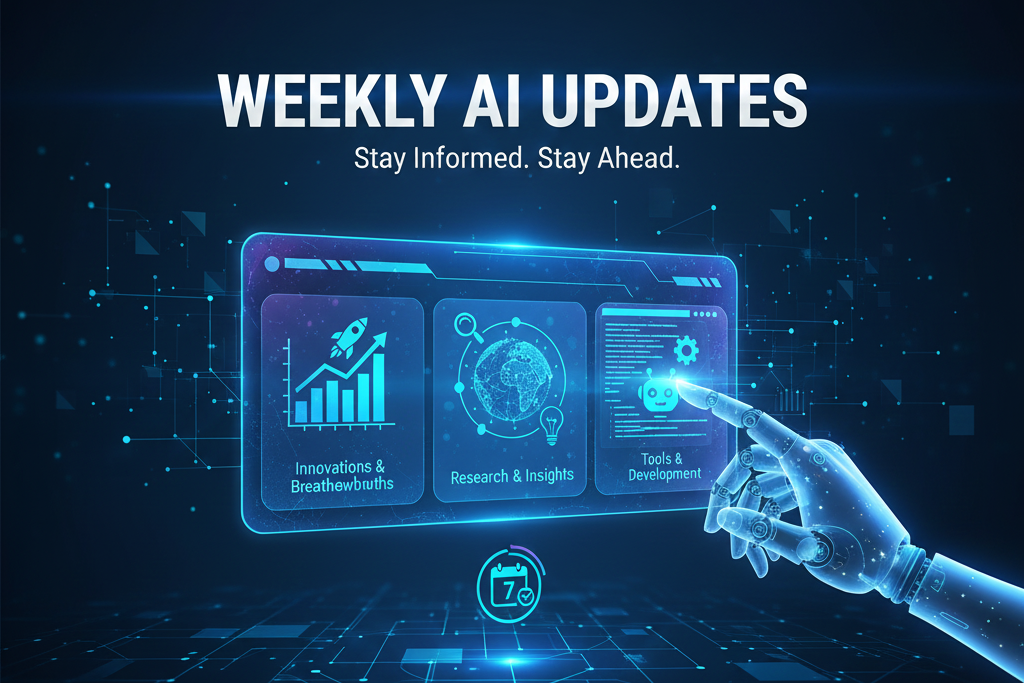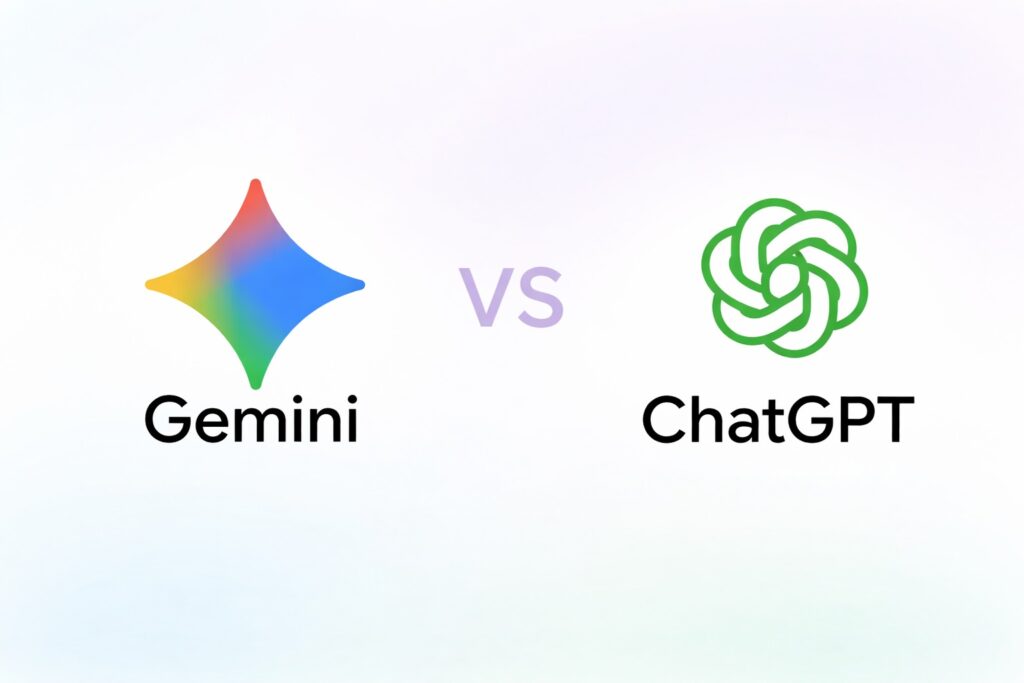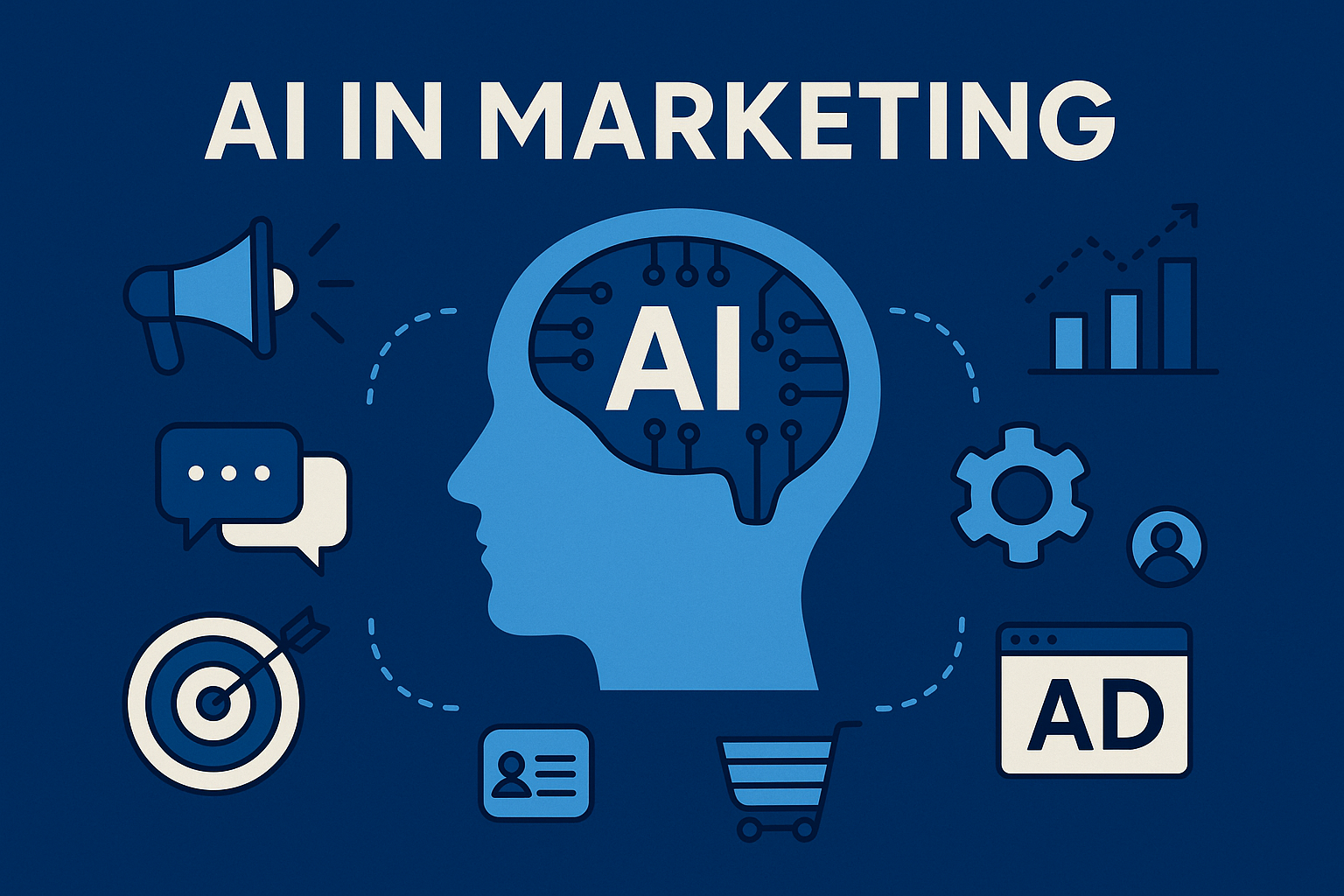A few years ago, I was working as an HR manager in a growing company, and honestly, it was a bit overwhelming. As the team grew, tasks like recruitment, payroll, and compliance updates became very time-consuming. Our payroll system generated reports slowly and had many inaccuracies in it and therefore became quite tough to keep up with the continuously changing labor regulations. It felt like I was spending more time as a manual labour rather than performing as a managing HR.
After a lot of research, we finally found an HR software which worked for us. It helped in simplifying reporting, automated payroll and even helped to streamline our recruitment process. Though, it took us quite a while to set everything, but once it all was in place, everything became proper. Tasks that once took hours now took only minutes.
Looking back, I realized how important it is to find the right HR software for your business. It can really be a life changer. The right tool not only just saves time but it gives you peace of mind, reduces the errors, and helps to focus on more meaningful work. It made my job easy and hence led our team to operate more steadily and smoothly.
The proper management of the human resources is the key to success of any business. With the advancement of technology, HR management has become more streamlined and efficient with the use of specialized software.
In this blog, we will explore some of the best HR management software tools for 2025, their features, and how to choose the right one for your company.
What is HR Management Software and Why Do You Need It?
HR management software is a tool that helps businesses manage various HR tasks like
- Employee data management.
- Recruitment
- Performance assessments
- Payroll processing and
- Compliance.
Here’s why it’s essential:
- Centralized Data: It stores all employee data at a single place making it easy for the accessing of it.
- Time-Saving: Automates repetitive tasks like payroll, attendance, and leave management.
- Compliance: Helps businesses stay up to date with the continuously changing labor laws and HR policies.
- Employee Engagement: Facilitates better communication and tracking of the performance.
How to Choose the Best HR Tools for Your Company?
At any given time while selecting HR management software, consider the following:
- Company Size: Choose the software that can scale simultaneously with your business growth.
- Features: Ensure it covers essential functions of HR like recruitment, payroll, and performance management.
- Ease of Use: Look for an interface that requires only minimal training and is user friendly.
- Integration: Check if it integrates well with your other business tools.
- Customer Support: Good customer service during the initial phase makes a huge difference.
HR Management Tools You Should Consider
Here are some top HR software options, each with unique and different features that make them suitable for different types of businesses:
1. Prevue HR
Key Features
- Pre-employment assessments
- Personality and cognitive ability testing
- Makes Customizable reports
Best For
- Companies looking for accurate pre-employment assessments.
Pros
- Offers comprehensive personality and skill-based assessments.
- Provides tailored reports based on your company’s hiring needs.
Cons
- More suitable for larger companies with structured hiring processes.
- Can be complex for small businesses with simpler recruitment needs.
2. Gusto
Key Features
- Payroll management
- Employee benefits and time tracking
- Compliance updates
Best For
- Small to medium-sized businesses seeking an all-in-one HR solution.
Pros
- Easy-to-use platform, ideal for businesses with less complex HR needs.
- Strong payroll capabilities with automatic tax filing.
Cons
- Limited customization for larger organizations.
- Some users report customer service response times can be slow.
3. Kredily
Key Features
- Payroll and tax compliance
- Attendance management
- Employee benefits administration
Best For
- Startups and small businesses that are in need of affordable HR tools.
Pros
- Perfect for small businesses as it is evident of scaling and very much affordable.
- Very simple and user friendly interface.
Cons
- Limited features compared to more robust HR tools.
- Customer support could be improved.
4. Breezy HR
Key Features
- Recruitment automation
- Job posting and candidate tracking
- Interview scheduling
Best For
- Growing companies need recruitment and talent management solutions.
Pros
- Offers an excellent candidate experience with a streamlined application process.
- Great for companies with heavy hiring needs.
Cons
- The learning curve can be steep for new users.
- Limited features for payroll and employee management.
5. HR One
Key Features
- Attendance and leave management
- Payroll and tax processing
- Employee self-service portal
Best For
- Medium-sized businesses that require an efficient HR management tool.
Pros
- Comprehensive HR features in one platform.
- Provides self-service options for employees.
Cons
- The user interface is not as intuitive as some other tools.
- Lacks advanced recruitment features.
6. Hoshi
Key Features
- Employee records management
- Performance tracking
- Leave and attendance management
Best For
- Companies looking for a cost-effective HR solution.
Pros
- Simple and easy-to-use interface.
- Affordable for small to mid-sized businesses.
Cons
- Lacks some advanced features offered by more expensive tools.
- Limited customization options.
7. GreytHR
Key Features
- Payroll processing
- Compliance management
- Attendance and leave management
Best For
- Small and medium-sized businesses which are looking for a reliable HR platform.
Pros
- Affordable and easy to implement.
- Strong compliance features, making it ideal for businesses in regulated industries.
Cons
- Limited customization options.
- Customer support can be slow at times.
8. Keka
Key Features
- Payroll and performance management
- Employee engagement surveys
- Time and attendance tracking
Best For
- Mid-sized businesses that need a comprehensive HR solution.
Pros
- Highly customizable for different HR processes.
- Robust reporting and analytics features.
Cons
- Can be overwhelming for small businesses with simpler needs.
- Pricing of it can be a bit high for the smaller companies.
9. FactorHR
Key Features
- Payroll and compensation management
- Employee self-service portal
- Performance tracking and feedback
Best For
- Organizations looking for a platform that simplifies employee engagement and performance management.
Pros
- Intuitive user interface.
- Great for managing employee benefits and feedback.
Cons
- Limited recruitment features.
- Reporting options could be more advanced.
Benefits of Using HR Software for your Business
- Efficiency: It saves time by automating HR tasks.
- Accuracy: Errors are reduced, especially in payroll and compliance.
- Scalability: Offers various features as the company expands.
- Employee Satisfaction: Provides employees with easy access to their data and improves engagement.
Conclusion
Choosing the Ideal HR management software is essential for ensuring smooth operations, compliance, and employee satisfaction. Whether you’re a small business or a large company, there’s a tool tailored for your needs. Evaluate each option, keeping in mind your company’s size, requirements, and budget, and you’ll be on your way to optimizing your HR processes in 2025.
FAQs
- What is HR Management Software?
HR management software helps businesses automate and streamline HR tasks like payroll, recruitment, performance tracking, and compliance. It centralizes employee data and saves time by automating repetitive processes. - What are the benefits of using HR software?
HR software improves efficiency by automating tasks, reduces errors, helps maintain compliance, and enhances employee engagement. It allows HR teams to focus on strategic decisions. - How do I choose the best HR software for my company?
When choosing HR software, consider your company size, the features you need (like payroll and recruitment), ease of use, integration with other tools, and the level of customer support offered. - What is the difference between HR Software and Human Resources Information System (HRIS)?
HR software typically refers to a broad range of tools for HR tasks, while an HRIS is a more specific system focused on managing employee data, payroll, and benefits. HRIS is often a core part of larger HR software solutions. - Is HR software suitable for small businesses?
Yes, many HR software tools are designed to be scalable and affordable for small businesses, helping them manage payroll, recruitment, and compliance effectively without a large HR team











2 comments